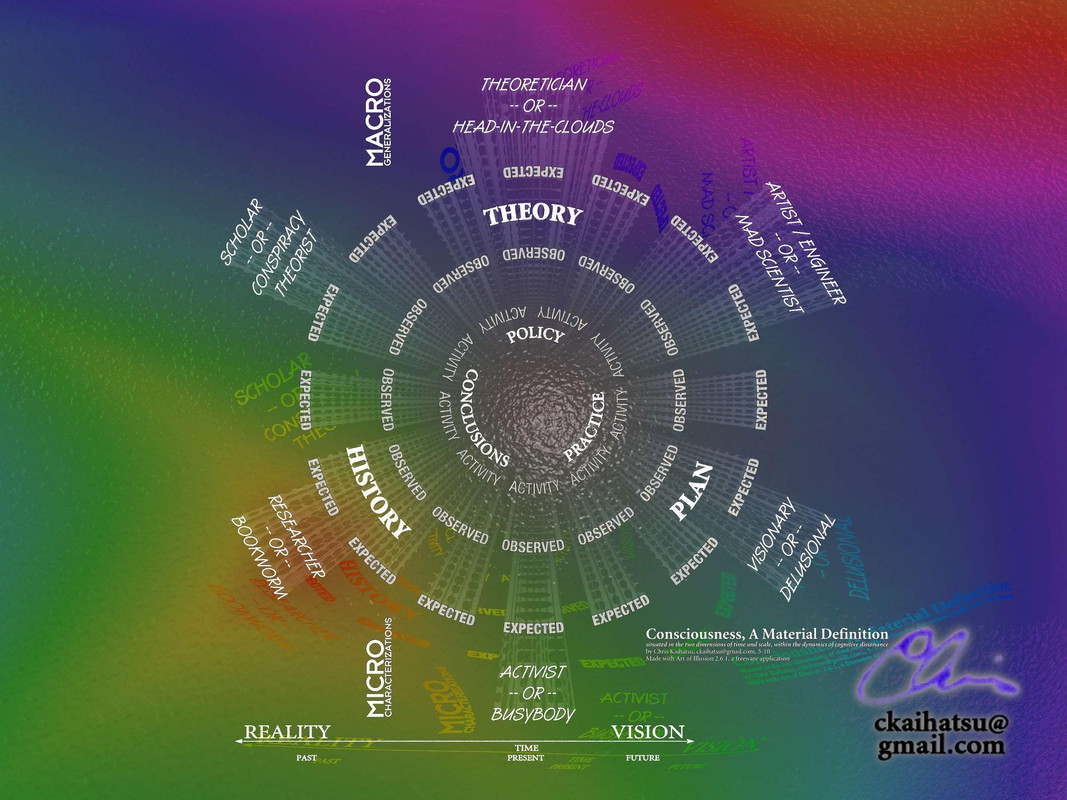- 14 Oct 2022 03:20
#15250845
Cue shitpost… *clears throat*
Do people generally know what is best for them or is the capacity of many so thwarted that some degree of intervention is warranted?
If people do not know well enough the constraints and avenues if their own lives, can someone else really make a decision better than them for them?
Why make poor people jump through hoops for money?
Why have employees who go through training to be professionals and continue with training each year while having to deal with the agenda of managers instead if simply being allowed to talk to one another and get shit done?
If one can know better of what to do in another's life, what legitimizes intervention of paternalism?
Why is it typical to think everyone else is an idiot but not yourself? Why aren’t you subject to ideological limits that make you stupid?
How do we distinguish the capacity of someone to be truly self directed and not just a useful idiot?
It seems to me we get frustrated with others and see them as manipulated but never sincere believers with reasons to truly believe what they believe and thus want to do what they do.
Do people generally know what is best for them or is the capacity of many so thwarted that some degree of intervention is warranted?
If people do not know well enough the constraints and avenues if their own lives, can someone else really make a decision better than them for them?
Why make poor people jump through hoops for money?
Why have employees who go through training to be professionals and continue with training each year while having to deal with the agenda of managers instead if simply being allowed to talk to one another and get shit done?
If one can know better of what to do in another's life, what legitimizes intervention of paternalism?
Why is it typical to think everyone else is an idiot but not yourself? Why aren’t you subject to ideological limits that make you stupid?
How do we distinguish the capacity of someone to be truly self directed and not just a useful idiot?
It seems to me we get frustrated with others and see them as manipulated but never sincere believers with reasons to truly believe what they believe and thus want to do what they do.
https://www.ethicalpolitics.org/ablunden/pdfs/For%20Ethical%20Politics.pdf#page90
-For Ethical Politics
-For Ethical Politics










 - By wat0n
- By wat0n - By Tainari88
- By Tainari88 - By Rancid
- By Rancid